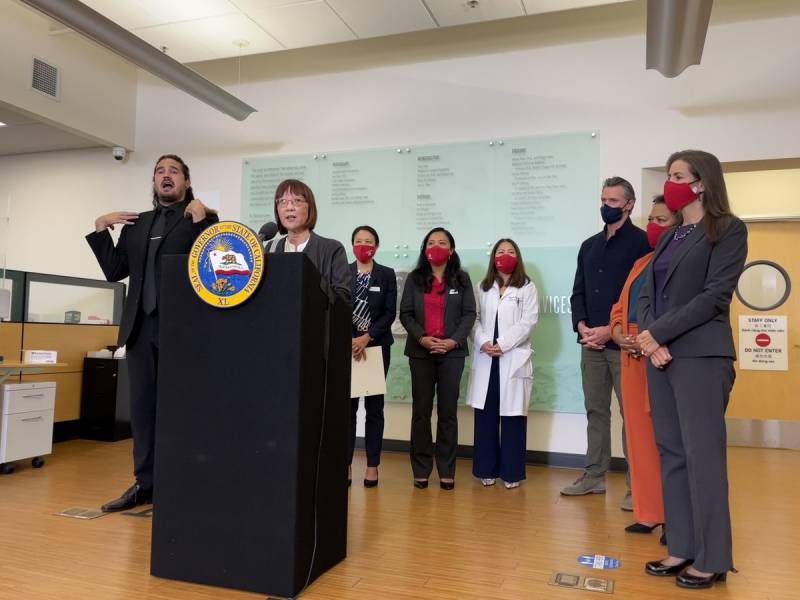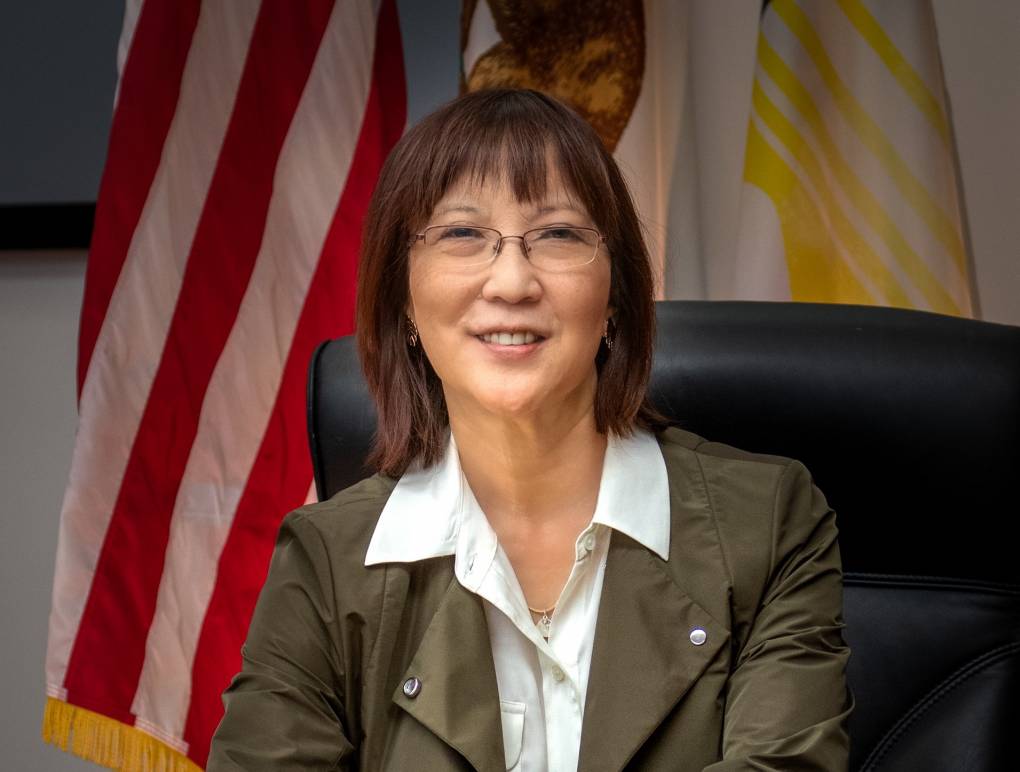Chan, 72, died last Wednesday after being struck by a car while walking her dog across the street in the city of Alameda, where she lived.
A political trailblazer, Chan in 1994 became the first Asian American to win a seat on the county Board of Supervisors, and later became the first Asian American majority leader of the state Assembly.
She left Sacramento in 2006 after serving three terms in the Assembly, and four years later ran successfully again for her original seat on the Board of Supervisors, where she served until her death. She was known as a staunch advocate for seniors, children and families, and championed a variety of health and anti-poverty programs throughout her tenure. In 2016, Chan called for a “New War on Poverty” that focused on providing jobs, education and other social services for county residents.
“Supervisor Chan was a fierce warrior for children and families and elders, and what I will remember most about her is just the way that she was [so] no-nonsense, get it done, get it done right, and [a] collaborator in the work and in her approach to ensuring that East Bay families were taken care of,” Assemblymember Mia Bonta, D-Oakland, said on KQED’s Forum show on Friday.
Bonta, a recently elected legislator, said she had just been working with Chan on a piece of legislation around healthy food access.
“I was super excited as a new legislator coming into the state Assembly to really be able to take that concept and that pilot and to expand it out, in part because of her leadership in making sure that we could recognize that food is a basic need that we all have a right to,” she said.
Chan firmly believed that access to healthy food, safe housing and quality education were all basic human rights that every one of her constituents deserved to have, Bonta added.
“And she was so incredibly effective at making sure that would happen,” she said. “I think across the county, and the state quite frankly, you will see traces of things that she felt passionately about, and was able to bring coalitions together to really make [that] happen for people in the East Bay and throughout Alameda County — both as a legislator and then as a supervisor. So she is leaving an incredibly huge void for our community,” Bonta said.
Alice Lai-Bitker, a former president of the Alameda County Board of Supervisors, first met Chan in 1990, while volunteering for her successful campaign for a seat on the Oakland school board. Lai-Bitker went on to work as an aide for her during Chan’s first stint as a county supervisor.
“She was a wonderful boss and she had great vision and leadership skills,” Lai-Bitker told KQED after learning of her death. “She was a great role model.”


